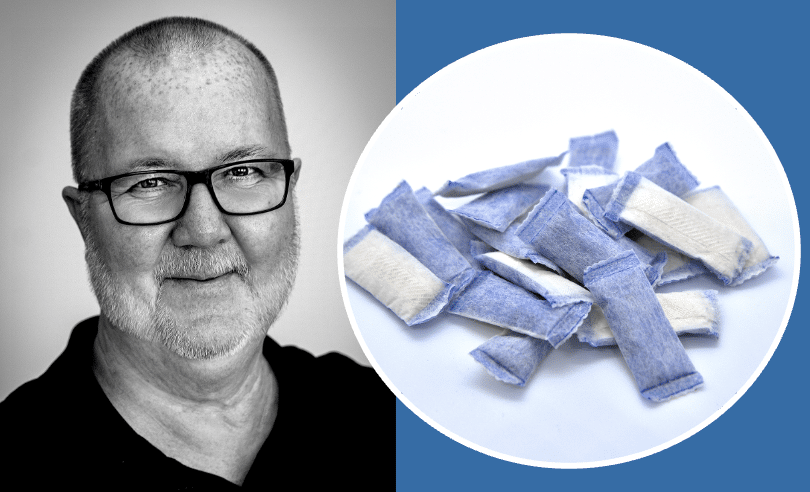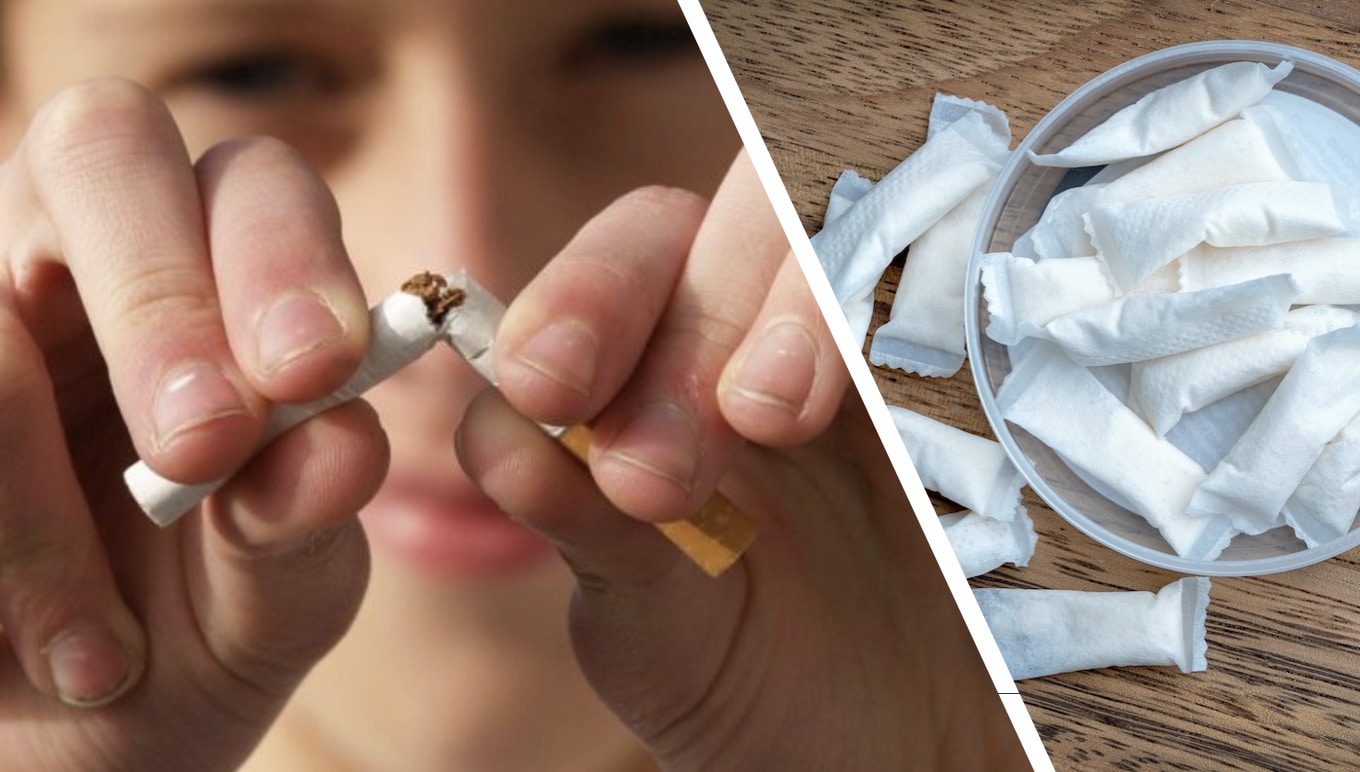
German agency: ‘nicotine pouch risks are low’
The German Federal Institute for Risk Assessment (BfR) has published a new report on the health risks associated with tobacco-free nicotine pouches. The report finds that nicotine pouch risks are lower than other tobacco products.
The agency states that switching from cigarettes to nicotine pouches could lower the health risks of smokers.
The BfR report also highlights the positive public health benefits that snus has had in Sweden both in terms of reducing smoking rates and the occurrence of tobacco-related diseases.
However, the agency acknowledges that more research is needed to understand the long-term effects of nicotine pouches and assess whether they may be as effective as snus as a smoking cessation aid.
“Whether these effects of snus, which has been consumed in Sweden for many years, suggest a potentially achievable smoking cessation by means of nicotine pouches has not been demonstrated so far,” the report states.
Analysed 44 nicotine pouch products
While the sale of nicotine pouches is for the moment prohibited in Germany due to a lack of specific regulation, the BfR claims the product category has been present in the country since 2019. As a result, the agency was asked to provide a health assessment of nicotine pouches.
The BfR prepared a preliminary health assessment in March 2021 and has since conducted several experimental studies. The report is based on a review of existing literature as well as analyses of 44 different nicotine pouch products carried out by the BfR.
Among other things, the report finds that generally more than half of the nicotine found in nicotine pouches is absorbed during use. This results in nicotine levels in the blood within the same range as those reached after the consumption of traditional cigarettes and of some e-cigarettes.
The BfR highlights several groups for which nicotine pouches could pose health risks. These groups include youth, pregnant or breastfeeding women, people with a history of cardiovascular disease, and non-smokers.
Continuum of harm reduction
The report cites evidence from a 2020 study from the United States that found nicotine pouches had limited appeal (11-12 percent) among consumers who had never consumed tobacco. The strongest appeal (75 percent) was found among people who consumed both cigarettes and smokeless tobacco.
The BfR nicotine pouch risk assessment also includes a “continuum of harm reduction” concept first developed in 2018.
“The different intensities of the harmful effects of tobacco and nicotine products have been discussed for some years,” the BfR authors write.
“There is a focus on creating options which allow a switch to nicotine products that contain or release substances which are harmful to health to a lesser degree.”
The continuum of harm reduction “assumes that not all products containing nicotine are equally harmful”. While cigarettes are considered the most harmful, Swedish snus is seen as “considerably less harmful”. Even less harmful are nicotine pouches or nicotine patches, which are seen to have roughly equivalent risks.
The BfR acknowledges, however, that “any form of nicotine consumption constitutes an aggravation of health risk for people who have previously not smoked or consumed nicotine in any other way”.
Nicotine pouch risks: learning from snus
The report also highlights research from Sweden showing that snus does not serve as a gateway into smoking. Rather, evidence from Sweden shows that smokers who start using snus often quit smoking altogether.
“Whether this is similar with nicotine pouches cannot be appraised yet,” the BrR admits.
The German risk assessment agency also cites recognizes Sweden as having a “particular position in Europe” when it comes to tobacco-related diseases.
“Sweden was the only country in Europe where lung cancer did not rank first among cancer mortalities in men,” the authors write.
“In Sweden, men had the lowest value for lung cancer among 40 countries in Europe, i.e. 28.8 per 100,000, compared to Germany with 57.3 per 100,000.”
Despite the proven public health benefits of snus in Sweden, the BfR cautions that it’s still too early to conclude unequivocally that nicotine pouches will have a similar effect.




